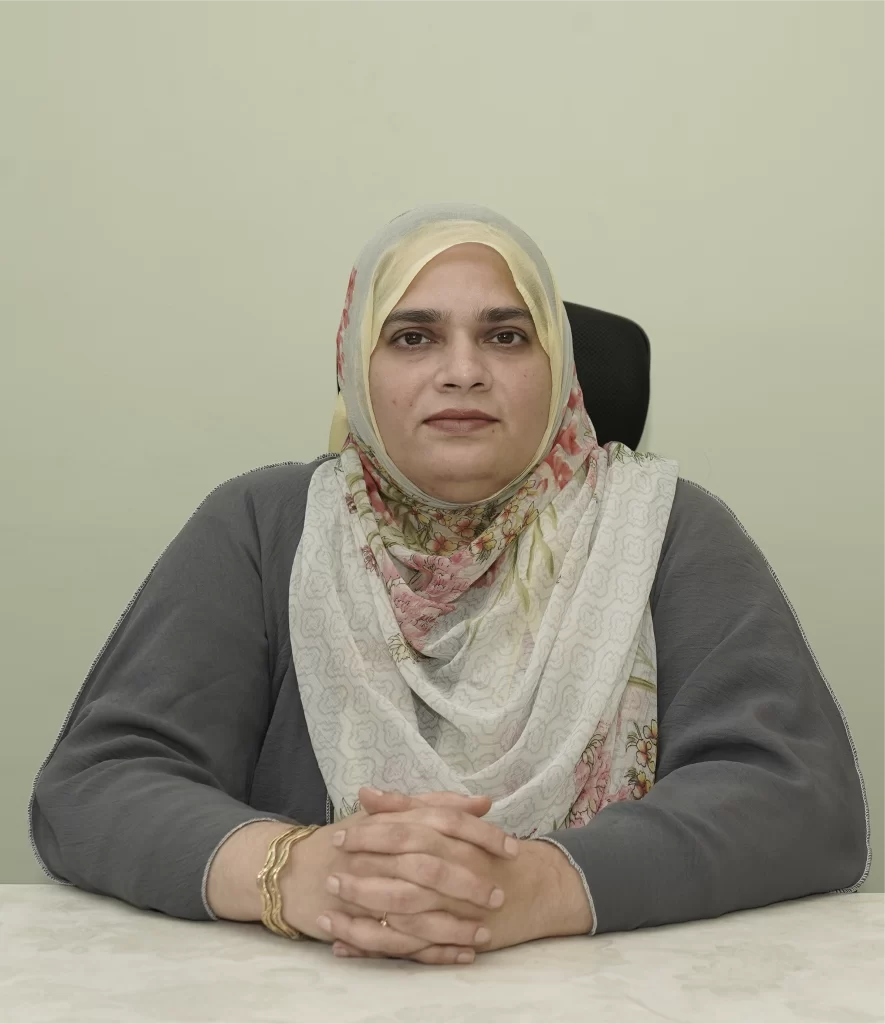Mental Health: A Conversation We Can No Longer Ignore
In today’s fast-paced world, mental health issues are on the rise, and it is no longer an option to neglect or stigmatize them. As a progressive society, it is our responsibility to educate ourselves about the various mental health conditions, their symptoms, and, most importantly, how to seek help when needed. Mental health challenges can affect anyone, at any time, so being prepared and taking preventive steps is essential.
When someone is affected by a mental health condition, the impact isn’t confined to just that individual. The ripple effects are felt by their family, friends, and colleagues. Relationships can become strained, job performance may suffer, and unresolved anger or aggression can lead to damaging outbursts. The toll extends far beyond the person suffering—it touches everyone around them.
We know that mental illnesses are often linked to imbalances in neurotransmitters and their complex interactions within different brain circuits. By correcting these imbalances, we can alleviate the pain and suffering caused by mental health conditions. What’s important to remember is that mental health conditions can be effectively treated. Advances in medicine and therapy mean that treatment is now safer, faster, and more effective, with fewer side effects and higher rates of recovery. Seeking help early not only provides faster relief with minimal medication but also increases the likelihood of a full and lasting recovery.
Our society today is also grappling with an addiction pandemic—no household has been spared. The widespread use of gadgets and the internet has exposed everyone, from toddlers to housewives, to the risk of addiction. None of us are immune; practically no one is spared from its grasp.
On top of that, the easy availability of addictive substances—alcohol, nicotine, MDMA, cannabis, Tydol, inhalants like petroleum products, and even prescription drugs—has led to a growing crisis. We need to take preventive steps on a war footing. Education is key. We must learn and teach others about the harmful effects of these substances and how they contribute to the rise in mental health issues. For those already ensnared in addiction, treatment must happen in a safe, supportive, and judgment-free environment where withdrawal symptoms can be managed, and cravings reduced. Once stability is achieved, psychological interventions can begin. We must create spaces where people feel safe to speak openly about their struggles, free from fear of judgment. When we share our stories, we find solidarity and remind each other that none of us are truly alone in this journey.
Taking care of our mental health is as vital as caring for our physical health. This means eating well, getting enough sleep, exercising regularly, and managing stress effectively. But it also means finding healthy ways to cope with difficult emotions and seeking help when needed.
We have a duty to support those who are struggling with their mental health. Prioritizing mental well-being not only strengthens individuals but builds a community where everyone feels safe to reach out for help. Together, we can create a culture of compassion, healing, and hope.
So, as we continue on this journey, remember: your voice matters, your story matters. And by opening up these conversations, we can bring mental health into the light and offer the support and care that everyone deserves. Thank you for being part of this important conversation.

Well said, very informative.
Good one , one must have knowledge about mental health the earliest
Keep posting doctor